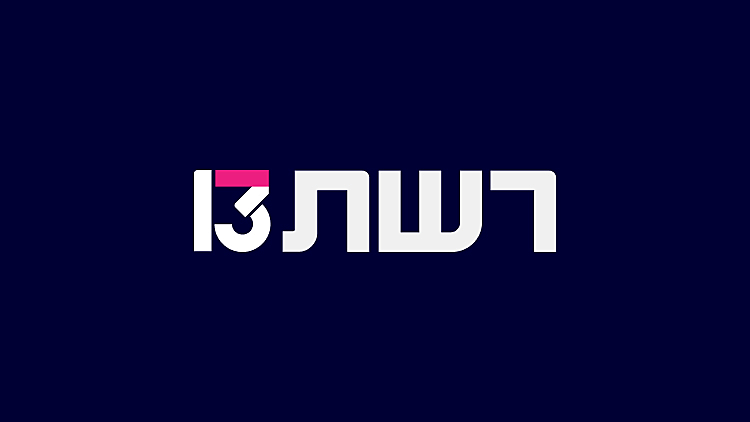המפקח על הבנקים צפוי להעלות את יעד הלימות ההון מ-7.5% ל-11%
Leader & Co: Price is discouraging for all Israel's banks; Investec: Market will like the deal

The bottom line of the price the Safra brothers agreed to take for their controlling stake in First International Bank of Israel (TASE: FIBI5) proves that the Tel Aviv Stock Exchange is pricing Israel's banks correctly, say analysts.
Moise and Joseph Safra are selling their 52% equity stake, and 71% of the voting rights, in FIBI Holdings to Israeli businessman Zadik Bino and to the Liberman family, for around $90 million in cash.
Leader & Co analyst Yuval Ben-Zeev says the price is a bit surprising on the downside. Per share, the price is close to FIBI's value on the stock exchange. Even though FIBI shares have been in a slump, he says, the fact that the buyers wouldn't pay a premium for control is discouraging for FIBI itself, and for the entire banking establishment.
The additional fact that the sellers didn't have to sell, and the buyers didn't have to buy, further bolsters the belief that the TASE is not underpricing the banks, Ben-Zeev concludes.
Given the low price of the stock, from the long-term perspective, this could be a good deal for Bino and the Libermans, the analyst adds. But FIBI isn't the best bank in the banking establishment from the perspective of risk-return, he said.
As for Israel Discount Bank (TASE: DSCT), which holds a 26.4% stake in FIBI, the takeover has two main ramifications. One is that the price, roughly the same as FIBI's market value, may force Bank Discount to write down the book value of its FIBI stake. The second is that it would allow the Safras to resume negotiating to acquire Bank Discount's branch in New York. Until now, the Bank of Israel has prohibited any such transaction, because of the Safras' holding in FIBI.
Investec's banks analyst, Kobby Finkelstein, believes that despite the low price tag, the transaction is a positive development for FIBI.
Bino is considered a "star" in the banking establishment. His previous stint at the bank - he managed both FIBI and Bank Leumi - was considered highly successful. Finkelstein believes the market will view the takeover positively. Bino also served on the advisory committee to the Bank of Israel.
He also concludes that the transaction attests to an absence of foreign interest in Israel's banks. If they had been, at that price ¿ FIBI would have passed to foreign hands, Finkelstein concludes.



